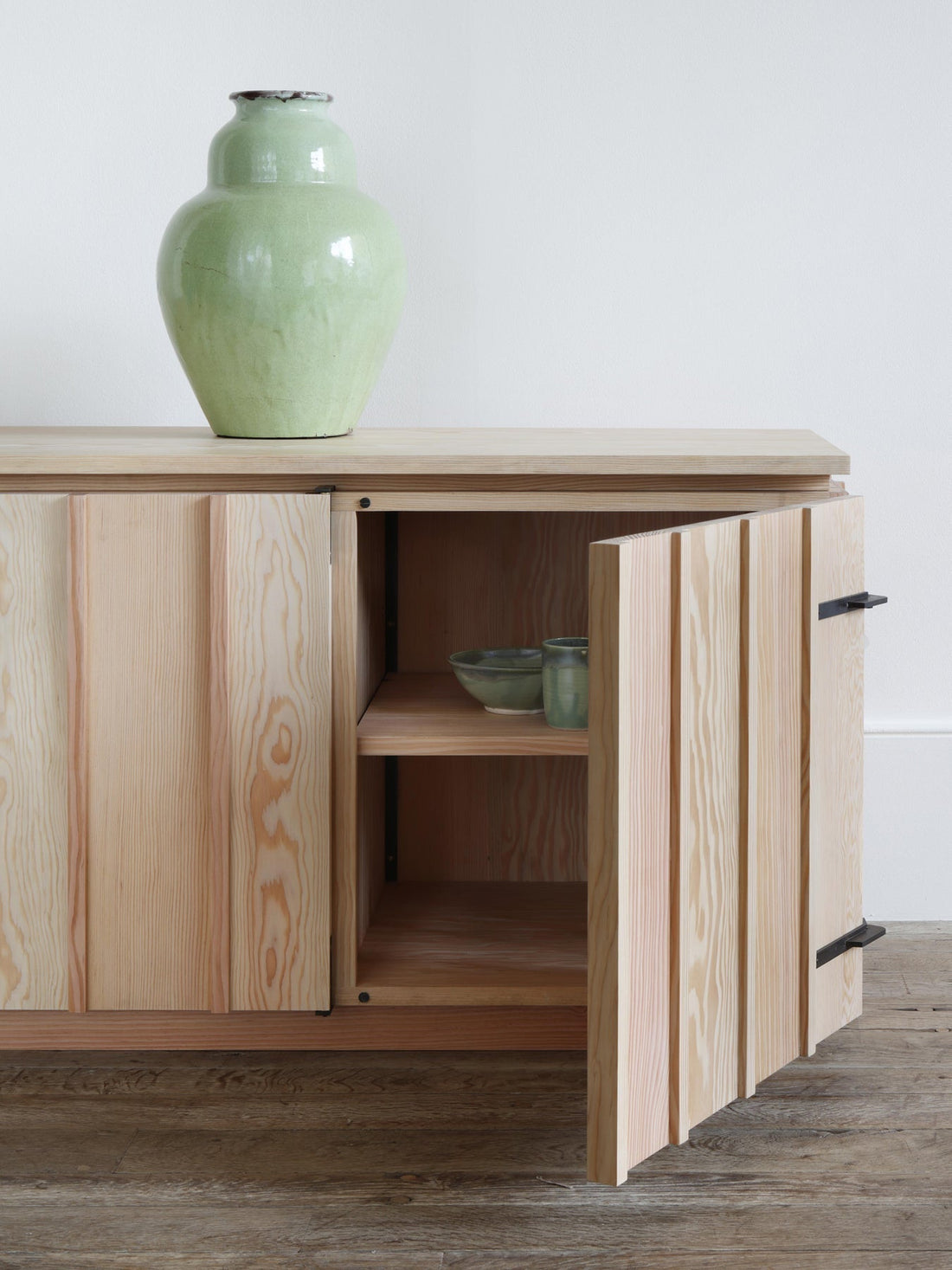
3 min read
Start Here: Organization
As part of our Start Here series we turn our attention to the benefits of organization, both for mental and physical health.
WORDS Elissa Rose
We all know that an organized home can’t entirely eliminate stress, but it can certainly help create room to breathe, think and simply be. Research increasingly shows that cluttered spaces can contribute to elevated stress levels, disrupted sleep and difficulty focusing. A well-organized home doesn’t need to be perfect, but it does need to support how you live. When spaces feel calm and clear, it becomes easier to rest, breathe and move through the day with intention. Organization isn’t about rigid systems or empty shelves. It’s about creating a home that feels balanced and attuned to your wellbeing.
Our physical environment sends signals to our brain all day long. When those signals are chaotic, they can raise cortisol levels, heighten anxiety and disrupt concentration. Clutter also attracts and traps dust, which can contain everything from Volatile Organic Compounds (VOCs) and allergens to mold spores and microplastics. And when things pile up, so does the risk of mildew, pests and physical strain from navigating overcrowded spaces.
An organized home won’t eliminate stress, but it can help create room to breathe, think and simply be. Here’s how to begin.
1. Start With Surfaces and Airflow
Dust loves clutter. When surfaces are piled high or rarely disturbed, they become magnets for allergens, pollutants and even mold. Start small by clearing countertops, windowsills and corners to allow for regular dusting and better airflow. Store infrequently used items out of sight, and open windows daily where possible to freshen the air and move stagnant dust.
2. Use Organization as a Mental Reset
The act of organizing can offer a sense of control and rhythm. Studies show that tidying – even for just a few minutes – can increase executive function, reduce cortisol and lift mood by releasing dopamine and serotonin. Organizing tasks can also become daily rituals that promote mindfulness, especially when approached without pressure to finish. Try tackling one drawer, shelf or basket at a time.
3. Focus on Function Over Perfection
Your home doesn’t need to look like a magazine spread. Focus on making each space work for you, whether that’s storing shoes by the door or keeping a catch-all tray for keys and chargers. The goal isn’t perfection, it’s reducing friction in daily life. Less searching, less tripping, less re-buying what you can’t find.
Space to Think, Room to Breathe
Organization isn’t about having less, it’s about making space for what matters more. From better sleep to better air quality, the health benefits extend far beyond the visual. A well-organized home supports you quietly in the background, so your energy can be spent on living, not looking.
Here are a few places to start:
- Declutter entry points and surfaces: Clear clutter from countertops, dining tables and bedside stands to reduce dust and visual stress.
- Set up functional storage zones: Use baskets, boxes or trays to contain items by category, especially in high-traffic areas.
- Check stored items regularly: Decide what to keep, repair or let go. It helps prevent mildew, avoids duplicates and keeps your space more intentional.
- Check hidden spaces for moisture: Basements, under-sinks and closets can quietly collect mold and mildew if left unattended.
- Incorporate calming rituals: Try a five-minute tidy at the same time each day – small routines can support mental clarity and emotional balance.
Caring for your home is a form of caring for yourself. A little daily organization helps protect your health and bring more calm to everyday life.
Feature Image: Rose Uniacke


